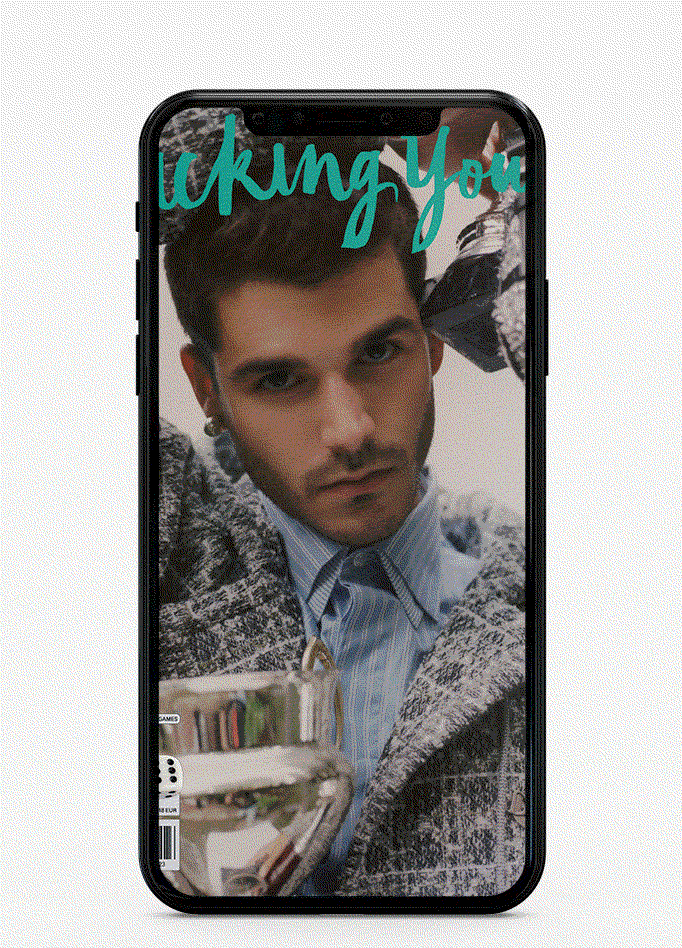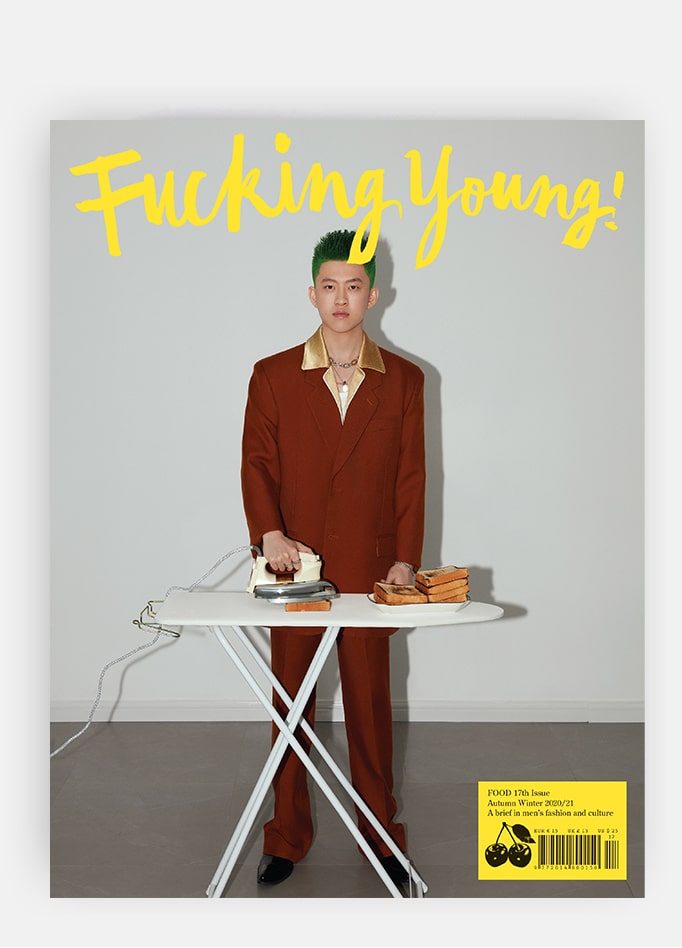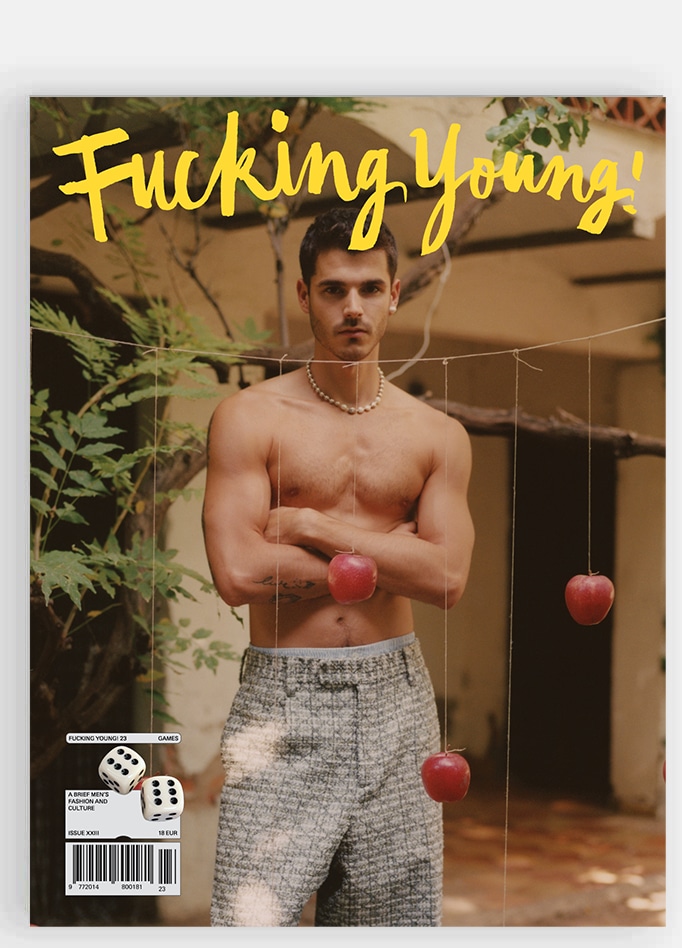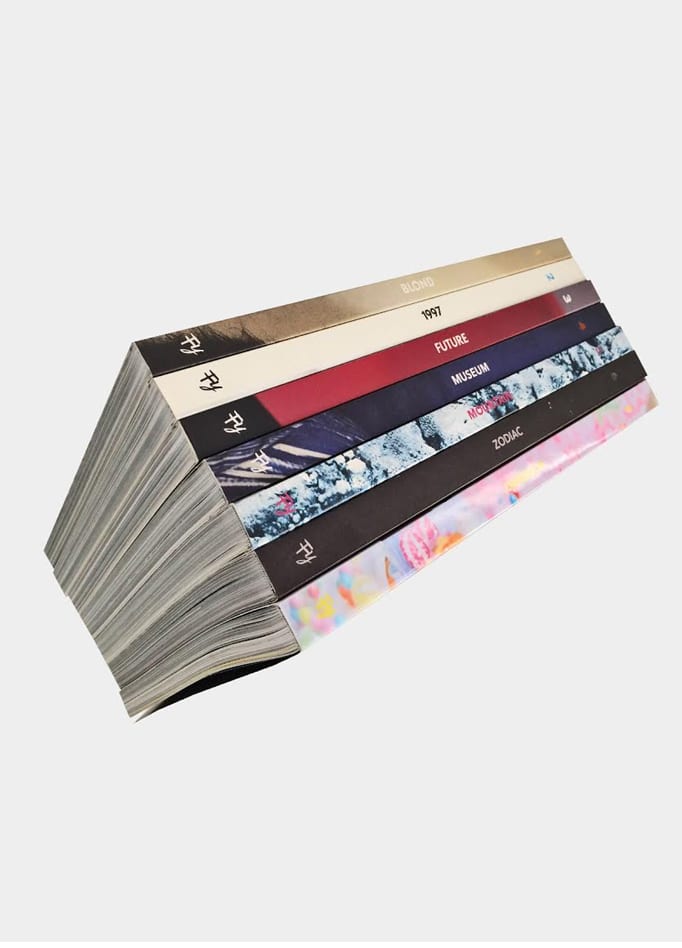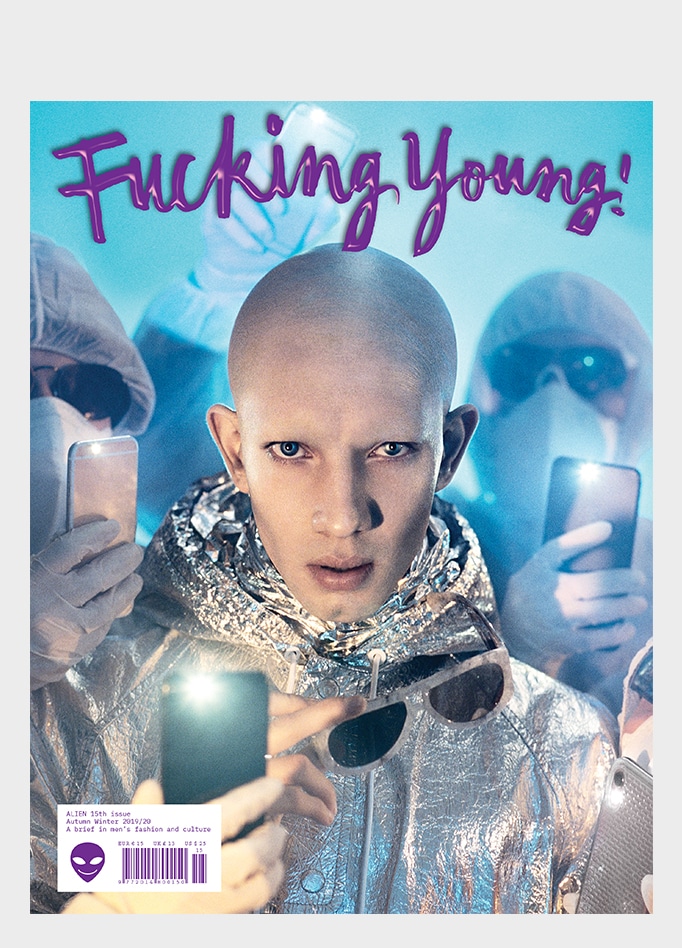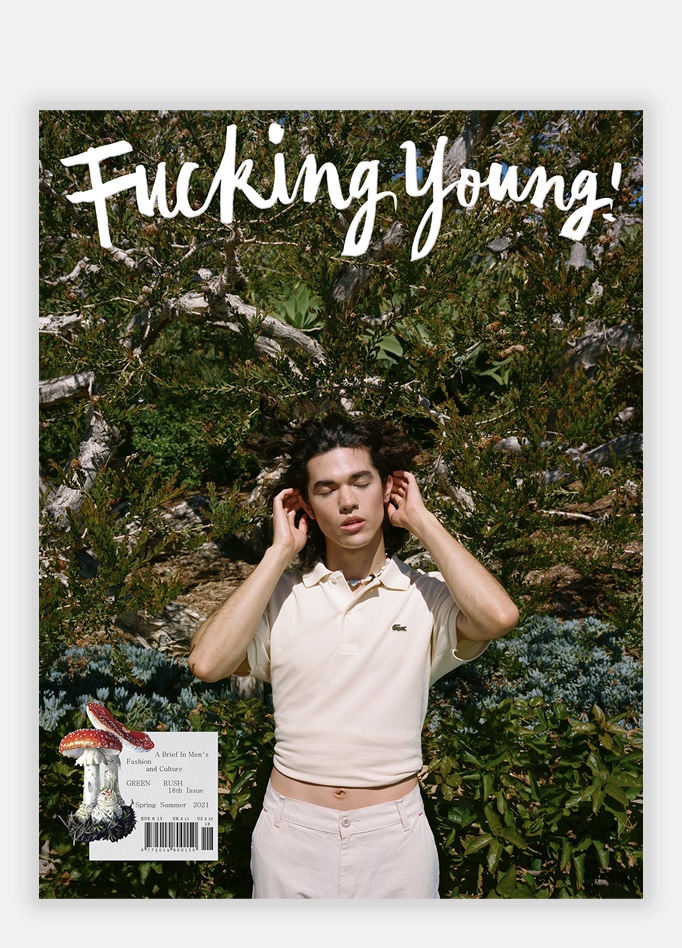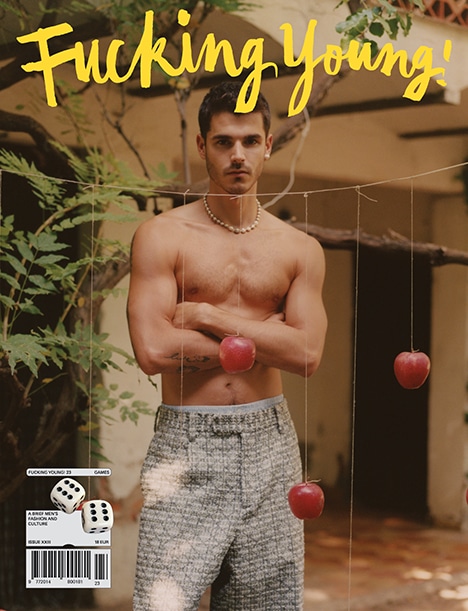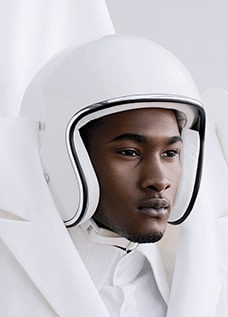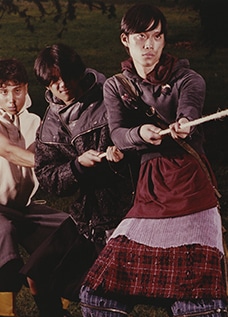This interview was published on our “MENA” issue. Get your digital or print copy HERE!
Some may argue that LGBTQIA+ representation in Western media is at an all-time high. Take 22-year-old American rapper slash self-proclaimed power bottom, Montero Lamal Hill (known by his stage name Lil Nas X), who recently made headlines as the most-streamed male rapper on Spotify. Then there’s the Ru Paul’s Drag Race phenomenon. Since the reality competition television series’ 2009 debut, the show has been nominated for 48 Emmys, of which it bagged 24. Lastly, there’s the Gossip Girl HBO Max reboot, which Executive Producer Joshua Safran proudly described on Twitter as “very, very, queer.”
Whilst mainstream media seem to be late to the okay-to-be-gay party, fashion has long had the reputation of embracing non-heteronormative individuals. But does that make it a safe space for all? Well, it depends on who you ask. And where they answer from. I got in touch with a United Arab Emirates-based fashion editor, who works for one of the region’s leading fashion publications. In our conversation, Daniel (*his name has been changed for this article to maintain confidentiality*), shared what his gay experience is like as a man of Middle Eastern descent, in the country which many consider amongst the most liberal in the Gulf.
So let’s start at the beginning – where did you grow up?
Daniel: I was born in Brazil in 1993, as one half of my heritage is Brazilian and the other half is Iranian. At the age of four, I moved to Iran where I lived for three years. I spent most of my childhood in London however, and haven’t been back in Iran since the age of 10.
What was coming out to your family like?
Daniel: I came at the age of 19 while living in the UK. To my mother and her side of the family. My parents are divorced and to this day I haven’t come out to my father or his side of the family, who are Iranian. It’s a taboo in our culture and coming out is a little bit more complicated, as in most conservative religious cultures. There isn’t any pressure for marriage and my father does not question me about my dating life. Had I still lived in Iran, I definitely not would’ve come out.
What would have been the risk of coming out in Iran?
Daniel: It’s just not something you do… First and foremost it’s against the law. Then, we have one of the highest rates of sex-reassignment surgery in the world. The reason for this is that it’s endorsed by the local government. They offer gay men “the chance to cure their homosexuality,” by changing their sex. So a lot of men who want to be openly gay simply cannot, as they will be forced into undergoing a type of surgery they are not sure about.
Based on your experience, has LGBTQIA+ life in the Middle East improved over the last years?
Daniel: Many do not know this, but prior to the 1979 Iranian Revolution, homosexuality had been normalized to the point that it was televised on national TV. Wars and civil revolutions have happened, which made the country go backward. In my current home, the UAE, they only recently legalized cross-dressing, which is quite a big deal. Then, the British Embassy in Dubai flew out a Pride flag earlier this year and it didn’t get taken down. So small changes are happening, but the way of thinking here is still incredibly conservative. Many locals leave the country to go to New York, London, or Berlin, to escape to a place where they feel liberated. Gen Z in Dubai are very different, however – they are way more open-minded, so I have a bit more faith in that generation right now.
How does a gay man find community in a place where few openly discuss their sexuality?
Daniel: In Dubai, you have the locals and then there is also an enormous community of expats who may feel more comfortable addressing their sexuality. I myself have maybe two, max three, gay friends – all male. The gay scene here is pretty small and I don’t really like to connect with a lot of people who are part of it. The gay culture here is different compared to let’s say, London or Paris – it’s way more toxic.
Toxic in what sense?
Daniel: The toxicity lies in the fact that within the local gay community, only one type of being gay is embraced. It’s very masc 4 masc. In middle eastern culture, men are expected to be masculine – whether they are straight or not. I feel like this mindset is even worse amongst gay middle eastern men. I think it comes from their family being disappointed in them because of their sexual orientation, so they overcompensate this way. I’ve never in my life struggled to date someone or be in a relationship with someone, but in Dubai, I have remained single since moving here in 2017.
As a fashion editor, you work in an industry known for its LGBTQIA+ representation. Do you find that within the UAE’s fashion industry, a level of discretion is required as a gay man?
Daniel: In a room full of gay influencers, PRs or creatives I feel comfortable being myself. Across the board, people in fashion tend to be a bit more open-minded when it comes to LGBTQIA+ topics. On a corporate level, however, there is still a lot of censorship when it comes to the content we are allowed to publish.
What’s the gay nightlife scene like locally?
It’s very underground. There was a club that does not exist anymore. It closed during the pandemic, but it was known as an underground gay club. It wasn’t advertised as a gay club, but you could tell it was by looking around. It mostly attracted a male gay demographic. That’s the only local gay club I’ve been to with friends, but I am sure there are loads more.
What about PDA between men at these clubs?
That would never happen – it’s not possible. You always have undercover police in these places. I don’t know what happens in the bathrooms, but on the dancefloor or at the bar, I’ve never seen any PDA.
Dating apps are a big part of 21st-century dating. What does this look like for gay men in the UAE?
I would say the gay dating scene completely relies on Grindr, Scruff, and Tinder. A lot of men here are discrete, so they wouldn’t feel comfortable meeting in a public setting. In order to access Grindr however, you need VPN on your phone. Grindr is banned is here. Scruff for some reason isn’t and neither is Tinder.
Do people use profile pictures on these gay dating apps?
I’d say it’s 50/50. Some people feel more comfortable than others putting themselves out there.
Are there any legal risks to putting your face out there?
I would personally not do it – I’m not sure I’d feel safe. People here mostly use Grindr for sex, and gay sex is illegal in the UAE. If you’re on that app and the main purpose is to have sex with another man, I would not feel comfortable putting my picture on a profile. It’s not worth the risk.
Do you know people in the UAE who have had encounters with law enforcement for being gay?
I don’t personally know anyone in the UAE, but I have heard stories. Stories about people who were invited to an apartment via Grindr and would be met by the CID (Criminal Investigation Department).
When do you think the Middle East as a region will arrive at a place of LGBTQIA+ acceptance?
I feel like the Middle East will take the longest in the world in terms of LGBTQIA+ rights. But changes are happening. I think the bigger changes will happen in the younger generation’s time. Hopefully in the next 10 years.













